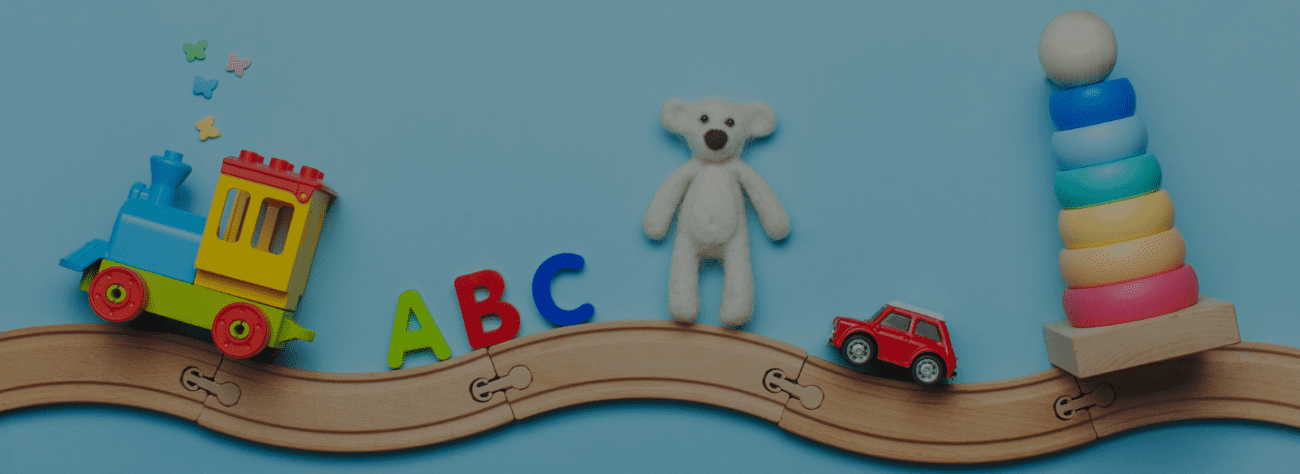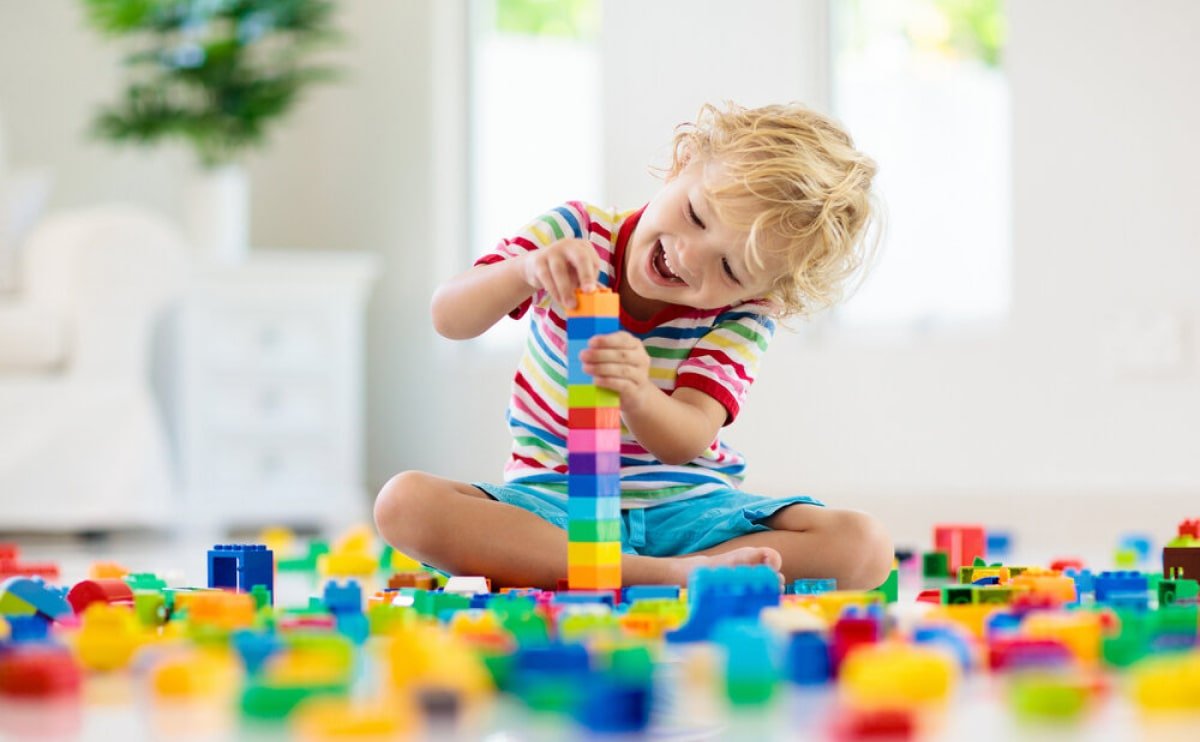Emotional intelligence (EI) refers to the ability to recognize, understand, and manage our own emotions, as well as the ability to recognize, understand, and influence the emotions of others. It is a critical aspect of child development that can be significantly nurtured through play. This article explores how various forms of play contribute to the development of emotional intelligence in children, setting a foundation for their future emotional and social success.
1. Understanding and Expressing Emotions


Play provides a safe and natural environment for children to explore and express their emotions. Through imaginative and role-playing activities, children can experiment with different emotional responses and learn to articulate their feelings. For instance, pretending to be different characters allows them to experience a wide range of emotions and understand how others might feel in various situations. According to the American Psychological Association, such role-play activities are crucial for helping children develop a vocabulary for their emotions and better understand their own feelings.
2. Empathy and Perspective-Taking
Playing with others, particularly in group settings, helps children learn empathy and perspective-taking. When children engage in cooperative play, they need to consider their playmates' feelings and viewpoints, fostering a sense of empathy. Games that require taking turns, sharing, and negotiating teach children to understand and respect others' perspectives. Research from the Greater Good Science Center at UC Berkeley shows that empathy is a key component of emotional intelligence, and it is nurtured through social interactions during play.
3. Emotional Regulation
Learning to regulate emotions is a fundamental aspect of emotional intelligence. Through play, children encounter various scenarios that challenge their emotional responses, such as dealing with winning and losing, handling frustration, and navigating conflicts. These experiences teach them how to manage their emotions constructively. For example, playing competitive games helps children cope with disappointment and practice self-control. The Child Mind Institute emphasizes that these skills are essential for emotional regulation and resilience.
4. Building Relationships
Play is integral to forming and maintaining relationships. Children learn important social skills such as cooperation, negotiation, and conflict resolution through their interactions during play. These experiences help them build and sustain friendships, which are crucial for emotional and social development. According to the Collaborative for Academic, Social, and Emotional Learning (CASEL), strong relationships are a cornerstone of emotional intelligence, and play provides numerous opportunities to practice and refine these skills.
5. Enhancing Self-Awareness


Self-awareness, or the ability to recognize and understand one's own emotions, is another critical aspect of emotional intelligence. Play allows children to reflect on their feelings and behaviors in different situations. Activities like journaling or playing with dolls and action figures can help children process their experiences and emotions, leading to greater self-awareness. The University of New Hampshire's Emotional Intelligence Consortium notes that self-awareness is a foundational skill for emotional intelligence, enabling children to better navigate their emotional worlds.
6. Problem-Solving and Coping Strategies
Play often involves problem-solving and developing coping strategies, both of which are important for emotional intelligence. Whether it's figuring out how to build a structure with blocks or resolving a disagreement during a game, children learn to approach problems thoughtfully and develop strategies to deal with challenges. These skills are transferable to real-life situations, helping children manage stress and adapt to new circumstances. Harvard University's Center on the Developing Child highlights the role of play in building executive function skills, which include problem-solving and adaptability.
7. Reducing Stress and Anxiety
Engaging in play can significantly reduce stress and anxiety, contributing to better emotional health. Physical play, in particular, helps release endorphins, which are natural stress relievers. Additionally, creative and imaginative play allows children to escape from reality and explore different scenarios in a safe and controlled environment, providing a mental break from stressors. The Mayo Clinic reports that regular play can lead to improved mood and reduced symptoms of anxiety and depression in children.
In conclusion, play is a powerful tool for developing emotional intelligence in children. It offers a rich context for understanding and expressing emotions, building empathy, regulating emotions, forming relationships, enhancing self-awareness, solving problems, and reducing stress. By providing diverse and meaningful play experiences, parents, educators, and caregivers can support the holistic development of children's emotional intelligence, setting them up for a lifetime of emotional and social success.


For further reading on the importance of play in developing emotional intelligence, consider exploring these sources:
- American Psychological Association: The Role of Play in Children's Emotional Development
- Greater Good Science Center at UC Berkeley: The Science of Empathy
- Child Mind Institute: The Importance of Play for Emotional Regulation
- Collaborative for Academic, Social, and Emotional Learning (CASEL): What is SEL?
- Emotional Intelligence Consortium, University of New Hampshire: Developing Emotional Intelligence
- Center on the Developing Child at Harvard University: Building Executive Function Skills Through Play
- Mayo Clinic: Stress Relief from Play
By integrating play into children's daily routines, we can significantly enhance their emotional intelligence and overall well-being, preparing them for a successful and fulfilling life.












